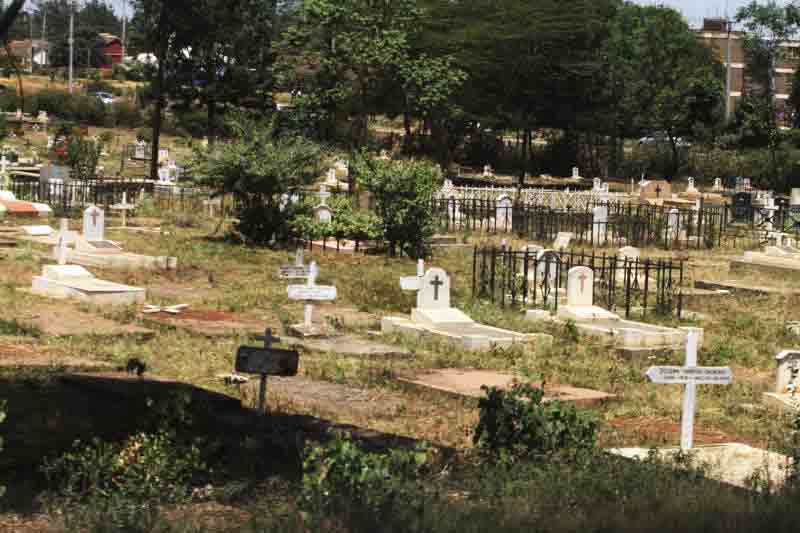×
The Standard e-Paper
Smart Minds Choose Us

The Nairobi Metropolitan Services (NMS) has announced plans to dispose 164 unclaimed bodies.
In a notice published in newspapers yesterday, NMS said the 164 bodies lay at the City Mortuary.